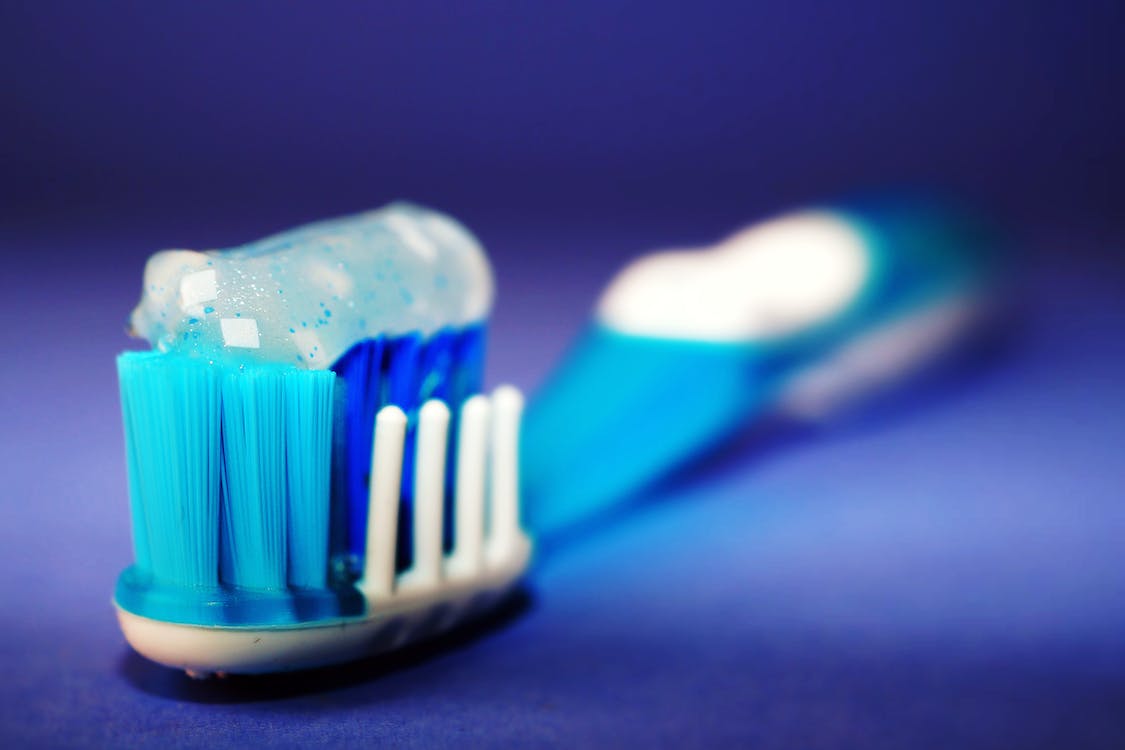Cavities are a serious dental problem that must be addressed as quickly as possible. They occur when leftover food particles interact with bacteria to create acid that slowly erodes tooth enamel, eventually creating holes in your teeth known as cavities.
It’s common to think that children are more prone to cavities because they have milk teeth, but cavities can develop in any tooth. Learn about six surprising facts you probably didn’t know about cavities and fillings.
Sugary Drinks Can Cause Tooth Decay
Tooth decay is a disease that causes holes in the hard enamel coating of teeth, which are called dentin. The bacteria in the mouth that cause tooth decay turn sugars from food and drinks into acids, which attack and soften the teeth. Over time, the acid eats away at the teeth, exposing the inner pulp to decay and causing tooth pain.
The outer layer of a tooth, called enamel, has no nerves in it, so you won’t feel a cavity until the bacteria get through to the inner pulp and cause a dental abscess or toothache. A cavity in the enamel can be treated with fluoride or a dental filling, but if the bacteria get through to the pulp, the cavity will need root canal treatment or removal of the tooth.
While sugary drinks are one of the most common culprits when it comes to cavities, many other foods also contribute to tooth decay. Starchy foods like rice, potatoes, and bread, as well as dairy and other milk products, can also lead to tooth decay by contributing to the formation of acids that damage teeth. Frequent snacking throughout the day also increases your risk for cavity formation.
Brushing your teeth twice a day, flossing, and using a mouth rinse with fluoride can help prevent tooth decay. Limiting between-meal snacks and choosing low-sugar drinks can also reduce your chances of developing a cavity. The team at Grin Dentistry will make you smile better if you really have a bad case of cavities or any gum or teeth problems.
Saliva Can Prevent Tooth Decay
Most people have a general idea of what cavities are — spots on teeth that grow bigger over time and can eventually lead to pain or tooth loss. But what you may not know is that they’re caused by acid, which can eat through the hard outer shell of your teeth (enamel). As this process continues, the enamel weakens and becomes damaged, forming small openings or holes. This damage is referred to as a cavity, and it can only be reversed with professional dental treatment.
The bacteria in plaque use the sugars from food and drinks to produce acids that can break down your teeth. This is why it’s important to brush and floss regularly, as these habits help to wash away plaque and prevent acid buildup. Saliva also helps to protect teeth by modifying the pH of the oral biofilm, and it can neutralize acids from foods and drinks.
Saliva is a clear liquid that’s made up of about 99 percent water and other components including proteins, electrolytes, mucus, minerals and amylase, which breaks down starches. Although it’s something we often take for granted, saliva is a vital part of maintaining a healthy mouth and can help to protect against tooth decay. Saliva can also stop acid from damaging teeth, and it can repair the protective surface of your enamel through a process called remineralization.
Fluoride Can Help Prevent Tooth Decay

Fluoride is a mineral that helps prevent and even reverse tooth decay. It is naturally found in water, soil and certain foods. It is also produced synthetically for use in toothpaste, mouthwash and other oral care products. The best way to get fluoride is through drinking water that has been treated with fluoride. It is added to many community water supplies, and it is recommended by more than 100 health organizations.
Every day, minerals are lost (demineralization) and redeposited (remineralization) in the enamel layer of teeth. Too much demineralization without enough remineralization leads to tooth decay. Fluoride works to remineralize the enamel, making it stronger and more resistant to bacteria that cause cavities.
Bacteria in the mouth break down sugars and carbohydrates from food, producing acids that can erode the minerals in tooth enamel and make the tooth more vulnerable to decay. Saliva contains fluoride, which can help counteract these acid attacks by adding back the minerals such as calcium and phosphate that are lost from the enamel.
Tooth decay is a serious problem that causes pain and can lead to tooth loss, but it is largely preventable with regular dental visits and good oral hygiene habits. It is particularly important to brush and floss daily, especially after eating or drinking anything other than water. Additionally, drinking water that has been treated with fluoride can help to prevent tooth decay and reduce the need for fillings or removal of teeth.
Sugary Foods Can Cause Tooth Decay
When bacteria accumulate on your teeth, they produce acids that eat away at the enamel coating and cause tooth decay. They need a food source to grow and create these acids, and sugar is a favorite of bacteria. The more sugary foods and drinks you consume, the more acid is produced and the quicker your teeth can get damaged. Foods that stick to your teeth, such as dried fruit, hard candy and breath mints, chips and dry cereal can cling to the grooves of your teeth for hours after eating them and offer a constant fuel source for mouth bacteria. Frequent snacking and sipping sugary drinks throughout the day can also contribute to rotting and erosion because you are constantly exposing your teeth to sugar and bacteria.
While most people understand that sugar is bad for your teeth, many people are surprised to learn that other foods can lead to cavities too. Even healthy foods like whole grains, vegetables and fruits contain natural sugars that can promote tooth decay. Other common culprits are beverages like soda, which often contain sugar and add acids that break down the enamel coating of your teeth. Flossing daily can help eliminate plaque that hides in the cracks and crevices of your teeth, lowering your risk of decay.
Medications Can Cause Tooth Decay
Tooth decay, also known as cavities, is the destruction of a tooth’s hard outer layer, called enamel. When bacteria, sugar and food debris combine to form plaque, acids eat through the enamel and erode it over time. This leaves the softer dentin exposed, which can lead to a toothache or tooth loss.
Many medications can cause tooth decay, especially liquid forms of medicine, such as cough syrups, mouthwashes and vitamins. These can cause a dry mouth which reduces saliva’s ability to return minerals to the enamel. Saliva is important for preventing tooth decay because it helps to neutralize the acid produced by bacteria and wash away food debris.
Other medications, such as chemotherapy drugs used to treat cancer, can cause damage to the soft tissues of the mouth and increase your risk for tooth decay. This is because the chemicals in these medications kill both healthy and cancerous cells. This can cause burning, swelling and painful mouth sores that make it difficult to eat or drink.
Other medications that can cause tooth decay include antibiotics, antifungal agents, sedatives and antiseizure drugs. These drugs can also cause a condition called gingival overgrowth, which is the build-up of swollen gum tissue that creates a welcoming environment for bacteria. Some medications can even cause teeth to become discolored or sensitive to hot, cold and sweet foods and drinks. This can happen with certain immunosuppressive drugs, oral contraceptives and calcium channel blockers.
Tooth Pain Can Cause Tooth Decay
Most people have a general idea of what cavities are – spots on the teeth that get bigger over time and need to be filled with a dental filling. But there’s a lot more to it than that, and knowing the facts can help you avoid cavities or spot them early so you can get a quick fix before they become painful or lead to infection.
The bacteria that cause cavities live in plaque, a sticky substance that coats your teeth. When these bacteria consume sugar, they produce acid that erodes the hard outer layer of your teeth called enamel. Left unchecked, this erosion can eventually create tiny openings or holes in the enamel, which are cavities.
Saliva and fluoride can help buffer the acid and remineralize your tooth structure before it becomes too damaged. But once the decay breaks through the enamel, the damage is permanent and can’t be reversed.
There are many things that can contribute to cavities, including poor brushing and flossing habits, eating a diet high in sugary foods and drinks, clenching and grinding your teeth (which is often a sign of stress or sleep disorder), and drinking too much coffee or soda. Some medications, like antibiotics or antidepressants, can also lead to dry mouth, which can make it more difficult to keep your teeth clean.





